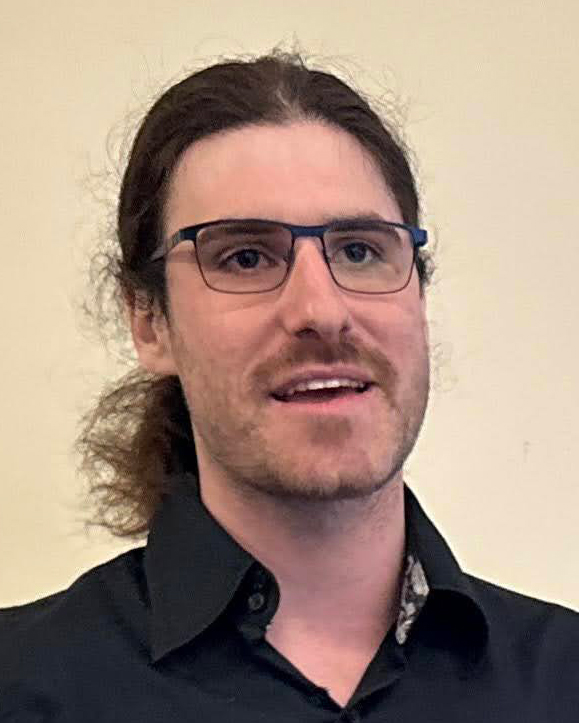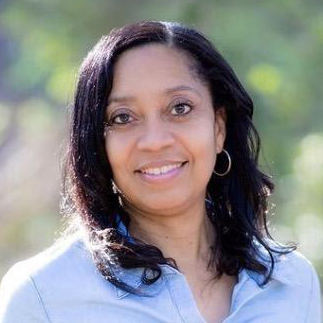Ullman Connects Science and Policy
By Lynne Harris, MA, APR

Fifth-year PhD candidate at Emory University and ASPET Washington Fellow Alum, Elijah Zorro Ullman discovered his passion for policy at an early age.
“My father, Jeffrey Ullman, was extremely politically active in the late 60s and early 70s as an undergraduate student at University of Southern California and UC Berkeley with the anti-Vietnam war movement. My older brother, Drew Ullman, was a community organizer for over a decade and our grandmother was also politically active in the 60s and 70s at the local level in Southern California. So, I’d say political activism is in my blood,” Ullman reflected.
Influenced by his family’s advocacy, Ullman got involved with Students for Sensible Drug Policy (SSDP) at the age of 15, making him one of the only high school students in the nation active in the organization. He ultimately created one of the nation’s first high school chapters at Monarch High School in Louisville, Colo. in 2013. His work and support with SSDP continue today.
“With Students for Sensible Drug Policy, I’ve participated in and led numerous drug policy-related Lobby Days. The day after ASPET’s Washington Fellows lobby day in 2023, fellow ASPET Washington Fellow, Dr. Cate Risener and I trained dozens of undergraduates who made the trip out to D.C. for SSDP’s Lobby Day on how to hold a lobby meeting. I think making time to train and learn from people embiggens the next generation and makes me a better activist and change maker too,” Ullman elaborated.
Over the years, Ullman’s interest in pharmacology began to grow. He found an old Facebook post around 2012 that points to his start in pharmacology.
“I wrote that I was learning about dopamine and serotonin receptors, and wow… who knew they were so complicated! I’ve been rewarded tremendously from my work as a scientist and policy reformer. The two are absolutely inseparable for me,” Ullman pointed out.
Aligning laws with data is Ullman’s goal. He notes that scientists don’t exist in a vacuum and thus, they should feel compelled to be change makers. Ullman recognizes that the work of scientists has real-world implications. He contributes much of his success to dismissing the commonly held advice that’s often given—‘don’t talk about politics.’
“I can’t help but talk about issues that are important to me, so whenever I go to conferences, I always find other people who are interested in these areas too and grow the network of change makers that way as well. I think for far too long scientists were taught to be apolitical and only talk about data,” Ullman said.
His desire to promote advocacy and policy changes keeps him motivated. Much of his work has been in drug development and collaboration with medicinal chemists.
“I feel that it is part of my job to try and make our laws line up with the science on drugs. I get so angry when I hear of folks who go bankrupt trying to afford medicines like insulin or cancer drugs,” Ullman explained. “So, an area that I’d love to work in during my career is medication pricing, ensuring people who need medicines are able to afford them.”
His parents encouraged him to stay involved with policy, constantly telling him how proud they were that he was active. Ullman treasures the street sign that he got when he was 15 standing on street corners for Colorado Amendment 64 above his desk as a reminder to keep pushing for a more sensible future.
“If I can help change laws, anyone can. It’s all about finding an area you’re passionate about, identifying mentors who can help you grow and working to enact the change you see. I want others who are passionate about changing the world to know that no matter how small or insignificant (or significant) they might feel, they can make an impact,” Ullman stated.
Ullman credits his many mentors for helping to keep him focused on his vision to become a pharmacologist and match the outdated and unscientific drug laws with science. As for the future, Ullman is optimistic. “I hope our laws follow the science. I really do believe that change can start with a single person.”
Photos provided by Elijah Z. Ullman
Author
-


Lynne Harris, MA, APR, is ASPET’s Director of Marketing and Communications and Executive Editor of The Pharmacologist. She has more than 15 years of experience as a senior-level executive leading communications strategy and 10 years as a journalist. She holds a master’s degree in strategic public communications, Accreditation in Public Relations (APR) through Public Relations Society of America and a certificate in Integrated Communications.
View all posts

